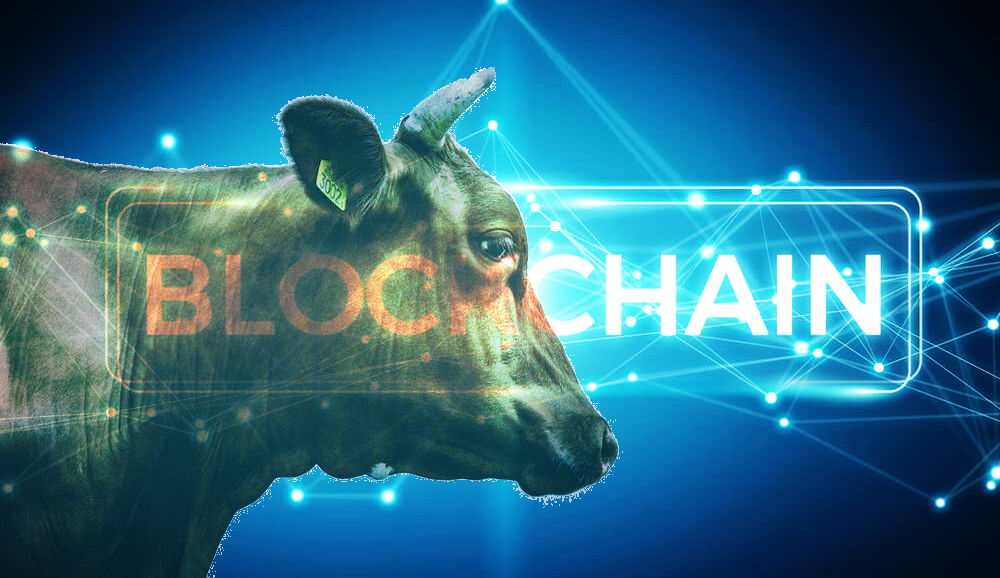How Technology is Transforming Food Trade and Agriculture

Emerging markets are driving global food demand but agriculture remains a highly protected area of global trade with new technologies such as precision farming, lab-grown meat, and blockchain transforming the agri-food industry. Innovations could displace traditional agricultural exports but improve food safety and traceability
A key feature of trade negotiations
Agriculture is a highly protected area of international trade. High tariffs and regulatory differences make the sector a key sticking point in trade negotiations, as highlighted by recent trade policy developments.For example, China targeted its retaliatory tariffs on US soybean exports last year which hurt US producers; whilst the EU and US continue to disagree on the scope of bilateral trade talks as the US wants to include agricultural trade liberalisation within the scope but the EU does not.
“Technologies such as drones, alternative proteins and blockchain could help tackle food security and environmental issues stemming from growing populations and climate change”
Food demand is evolving
Agricultural demand is being reshaped by economic development. Expanding middle classes in emerging markets (EMs) are demanding more protein (e.g. meat and dairy), luxury products (e.g. wine) and convenience foods.Countries such as China and India have emerged as important agricultural exporters and China is now the second largest food importer in the world. Over the next decade, global food demand is expected to be driven mainly by population growth in the Middle East, Africa and India (OECD-FAO, 2018).
And food preferences are also evolving in developed countries towards organic foods and plant-based diets as consumers are becoming more environmentally minded.
Agri-food trade in the 21st century
Looking ahead, climate change is likely to impact food production and will lead to shifting trade patterns.As a result, global agricultural trade is forecast to increase by 1% as a share of global production by 2050 (FAO, 2018). But agri-technology is advancing rapidly.
Technologies such as drones, alternative proteins and blockchain could help tackle food security and environmental issues stemming from growing populations and climate change. It could also help streamline food trade and ensure food safety.
Trade policy implications
New agri-technologies will disrupt how food is produced and traded in the future. A key challenge is how to adapt the existing global trading framework accordingly.In general, it will be important for businesses to have access to an open and predictable trading environment, particularly as uncertainties related to agri-trade policies and concerns about the possibility of rising protectionism could weigh on global trade in the near term.
Comprehensive trade liberalisation and anticipatory policy-making will help.
source: HSBC












